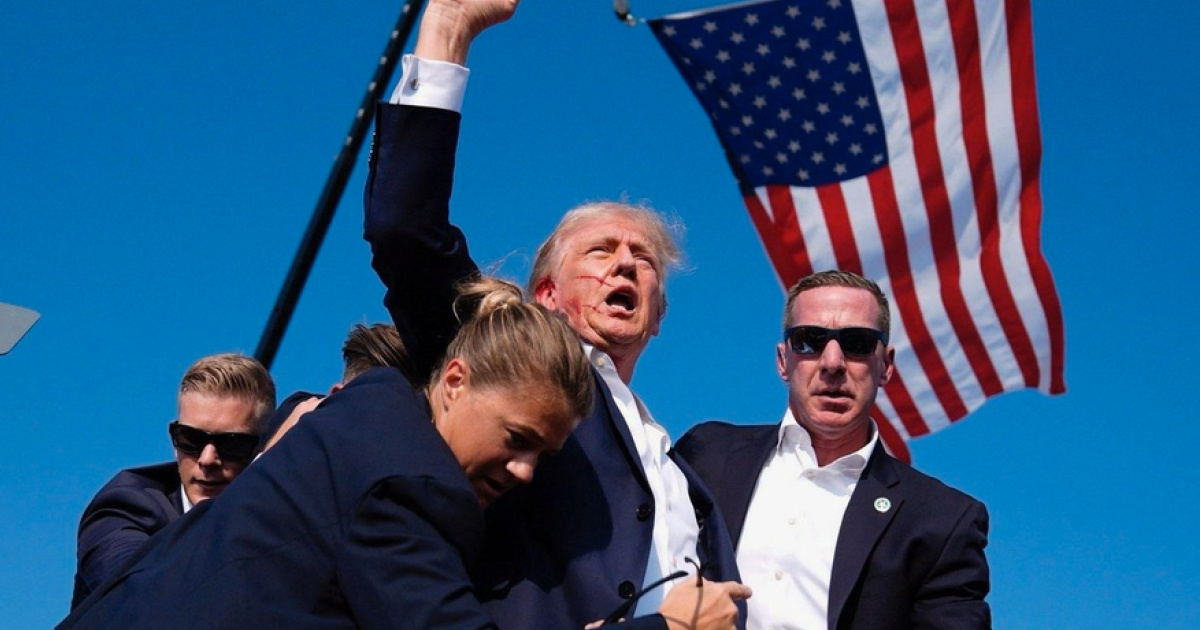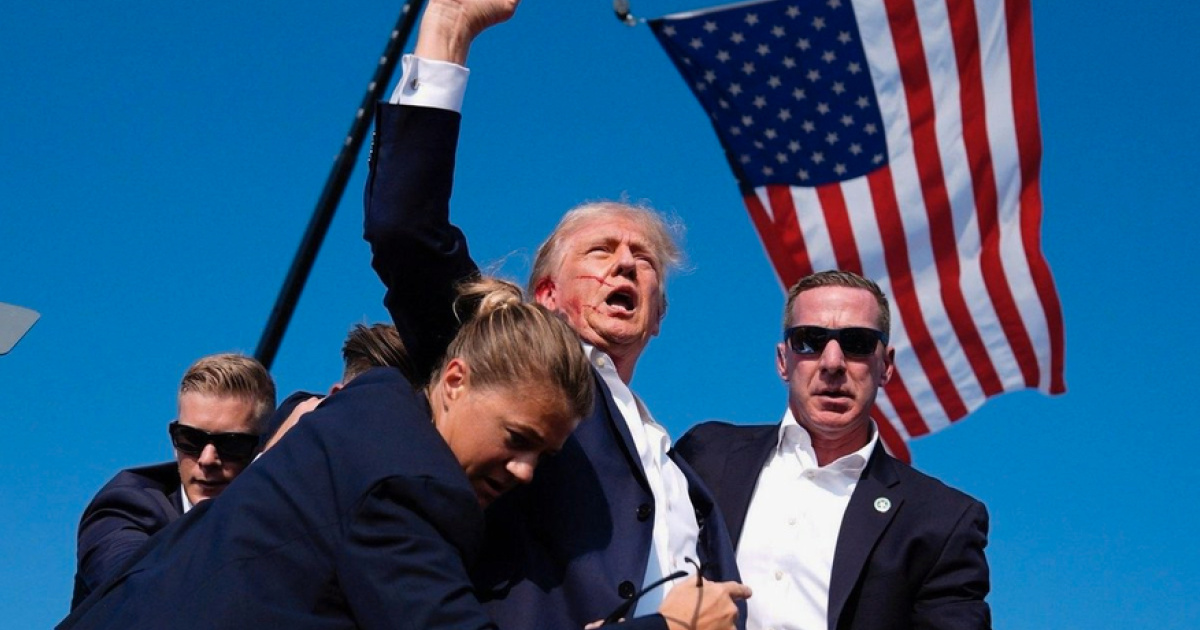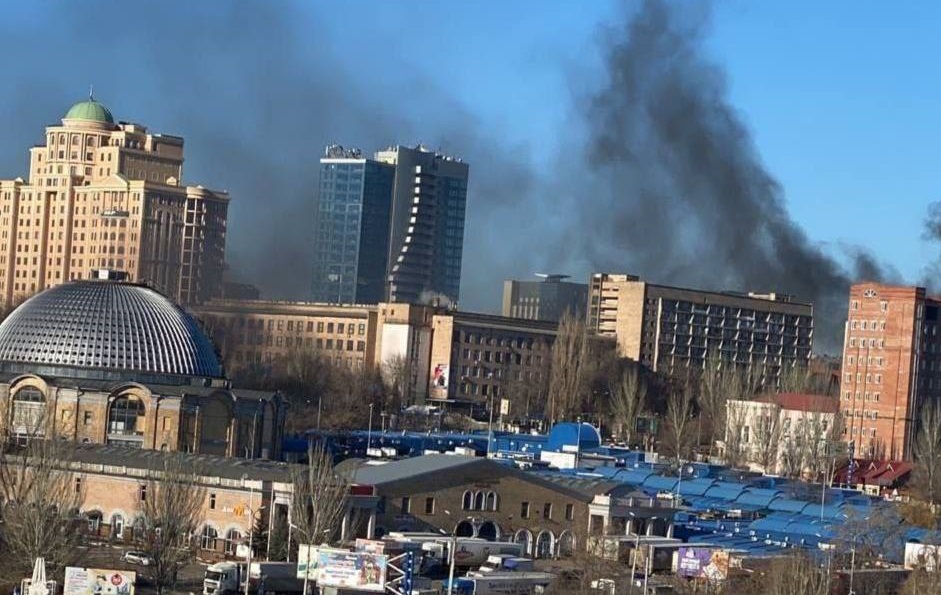
The uncertainty created by Western media and politicians regarding the U.S. allowing Ukraine to use long-range American weapons against targets in russia gives the impression that, if such a decision was indeed made, it was not aimed at changing the situation on the frontline but rather as an informational special operation intended to prevent a deeper involvement of North Korea in the war.
In other words, the same "no-escalation" concept is evident, which will likely become a historical stigma on the Biden administration.
From what is known today, one can conclude that such permission was indeed granted.
But firstly, the condition of use exclusively against North Koreans and only in the Kursk oblast diminishes its significance as a precedent for European allies. Secondly, even if no such condition exists, Washington will regulate the use of its weapons through supply dosages and specific conditions for each delivery. Thirdly, the range of such strikes, as it turned out, is limited to 300 km, allowing russia to minimize their effectiveness. In general, even after the elections, the same old, indecisive Joe sits in the White House...
Therefore, at the moment, the focus for analysis is not so much the fact of granting permission to use long-range weapons in russia but rather the reaction that the news caused in russia.
Initially, this looked like shock and hysteria. However, after Peskov's comment, which voiced a rather calm position, the tone of analysts and war correspondents changed dramatically.
Now, the informational response of russian media to the news about the permission to use long-range weapons on russian territory resembles more an attempt to curb panic and reassure the domestic public.
At the same time, one can see russian informational psychological operations (PSYOPs) lines in the West aimed at justifying the need to revoke this permission (or prevent it), which moscow is testing on its internal information market. Soon, we will surely see these lines in the rhetoric of Western "friends of putin" and publications in global media.
One example is the narrative that escalation caused by Kyiv using Western weapons on russian territory will supposedly "increase the kremlin's investment in the conflict" in the form of "expanding the size of the russian armed forces and further boosting the military economy". This, in turn, is said to strengthen its position "in the emerging russian-American dialogue on Ukraine".
Other narratives are more traditional. I'll provide quotes from russian Telegram channels that have already published them:
"In essence, the Kremlin has very few options left for a response, leaving only nuclear weapons".
"In reality, this means escalation and preparation for World War III. There is also an attempt to prevent Donald Trump from coming to power".
"…By provoking a new world war, Biden is going against the will and desires of the American people and the residents of Europe. They do not want war, but Biden (with Zelensky's active assistance) is leading things in exactly that direction".
This reaction from the kremlin demonstrates that Ukraine's ability to destroy military targets deep within russian territory truly has the potential to create a parity position for Kyiv in negotiations with moscow. And if Trump wants the war to end, not for Ukraine to be defeated; if he does not want the outcome of negotiations to be seen in moscow, Beijing, Pyongyang, and Tehran as a defeat for the U.S. and NATO; if he wants the American taxpayers' money already invested in Ukraine's defense by the U.S. to be spent effectively, then he should be grateful to Biden for his decision!
The problem is that it remains unclear what he wants—or rather, what he can afford to want.
At the very least, significant uncertainty on this matter was introduced by former head of the FSB and long-serving Secretary of the russian Security Council, Nikolai Patrushev. In an interview with Kommersant, published on November 12, he practically issued a veiled demand from the kremlin for Trump to fulfill obligations to "certain forces" that brought him to victory. The interview also included words that could be interpreted as a death threat in case those obligations are not met.
“To achieve success in the elections, Donald Trump relied on certain forces, to whom he has corresponding obligations. And as a responsible individual, he will be bound to fulfill them.
<...> …We are aware of two assassination attempts on his life during the election campaign. Overall, throughout U.S. history, presidents and candidates have regularly been targeted—more than 20 times. During their tenure, four U.S. presidents were killed by assassins. Therefore, it is critically important for U.S. intelligence agencies to prevent similar cases from recurring”.
Many commentators in the West interpreted these remarks as a russian psychological operation against the elected president, a component of moscow's psychological warfare with the United States. However, it is unlikely that the kremlin would so overtly discredit Trump and sour relations with him even before he assumes office. After all, putin is interested in a cooperative stance from the new president toward warring russia. Especially considering that this president has claimed he would stop the war, though without specifying on what terms.
Such overt pressure on Trump at this stage makes sense only if he is ALREADY doing something that moscow perceives as dangerous to itself—and if it knows it can influence his decisions even now.
So far, he is doing nothing beyond appointing members of his future administration…
Here, another narrative thread of russian commentators falls neatly into place alongside Patrushev's veiled threats: the consistent warnings to Trump about Biden's alleged intent to prevent him from being inaugurated. No matter what Biden does, it’s spun as “…an attempt to deny Trump real power”.
This narrative is woven into everything, including discussions about the permission given to Kyiv to use long-range weapons.
But if you overlay these "warnings" with Patrushev's remarks, a thought arises: could these not be warnings to Trump about Biden’s "machinations", but rather threats from moscow itself? Could this be the kremlin persistently reminding Trump that, in the event of disobedience, it could simply prevent him from reaching the White House?
This theory might sound conspiratorial, but Trump’s reaction to Biden’s decision on Ukraine’s long-range strikes against russia will serve as a test of his dependence on the kremlin.
As I wrote earlier, logically, Trump should be grateful to Biden for such a decision. If, however, he opposes it—despite his own “peace through strength” strategy—then... we watch the info field closely.
By Serhiy Harmash, OstroV




